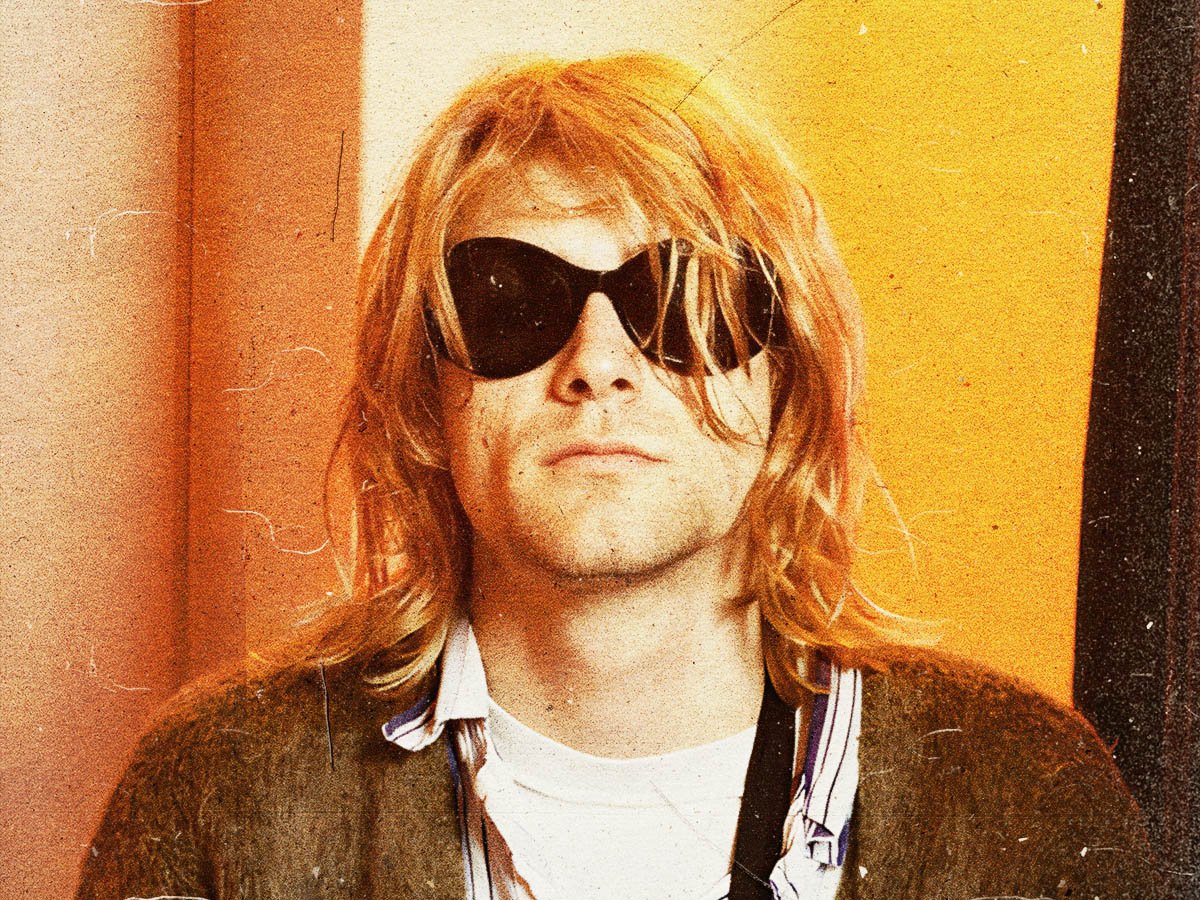Rock and roll has always been a genre driven by a desire to surpass the achievements of previous generations. While many artists are inspired by the legends of the past, the most influential musicians are those who break boundaries and reshape the sound of the
genre. Kurt Cobain, the iconic frontman of Nirvana, was one such artist—someone who not only challenged the conventions of rock stardom but also distanced himself from the image of the traditional rock hero.
Although Cobain admired bands like The Beatles, his vision of rock stardom diverged sharply from the norm. While many musicians in the 1980s aspired to emulate the larger-than-life personas of figures like David Lee Roth or Vince Neil, Cobain found inspiration in
the down-to-earth approach of artists like J Mascis of Dinosaur Jr. and Paul Westerberg of The Replacements—musicians more focused on their craft than their public image.Cobain often expressed a sense of being born in the wrong era. Despite his love for the music of
the 1960s and his immersion in punk rock, he felt disconnected from both. His struggles with chronic stomach pain and addiction, particularly to heroin, became a major part of his life, with the drug often serving as a means to cope with his physical and emotional
discomfort. Even as he produced some of Nirvana’s most iconic material, Cobain’s reliance on heroin grew, and despite numerous interventions, he remained deeply resistant to traditional forms of help. Cobain openly rejected the attempts of older rock
stars to reach out to him, dismissing their offers of support as disingenuous. He once recalled turning down offers from figures like David Crosby and Steven Tyler, stating, “[They] would come in and try to talk to me on a rock and roll level. Like, ‘I know where
you’re at, man. Would you mind if David Crosby came in and said hello? Or Steven Tyler?’ I was like, ‘Fuck that, I don’t have any respect for these people at all.’”Cobain’s disdain for certain aspects of the rock establishment was rooted in his personal values. Although he
had a brief admiration for Aerosmith, he quickly rejected the band’s misogynistic lyrics, which clashed with his feminist beliefs. Compared to the cultural impact of Neil Young, whom Cobain saw as a more authentic figure for the grunge movement, the older
generation of rock stars seemed out of touch with the values that Cobain championed. Despite these tensions, some figures from the old guard did try to reach out. Neil Young, in particular, expressed regret that he was never able to offer the support Cobain needed,
lamenting, “I was going to say, ‘Listen, you don’t have to do anything that anyone fucking tells you to do. Just stop.’ I had this whole thing I was going to tell him, but I never got a chance.”
The tragedy of Cobain’s story lies not only in his struggles with addiction and mental health but also in the fact that he never fully saw the immense impact his work would have on future generations. His rejection of the traditional rock star ethos and his raw,
confessional music set a new blueprint for artists who followed in his footsteps. Though Cobain may have had little respect for the old guard of rock, his legacy has undoubtedly reshaped the landscape of modern music.
